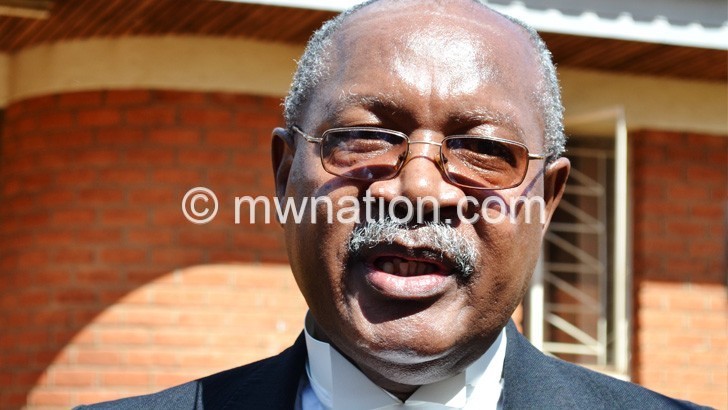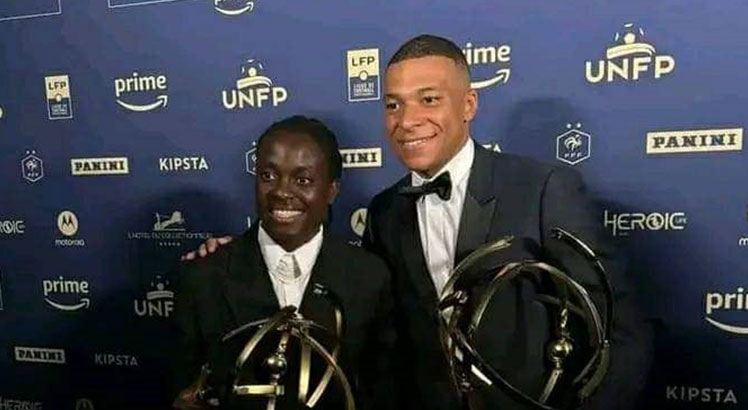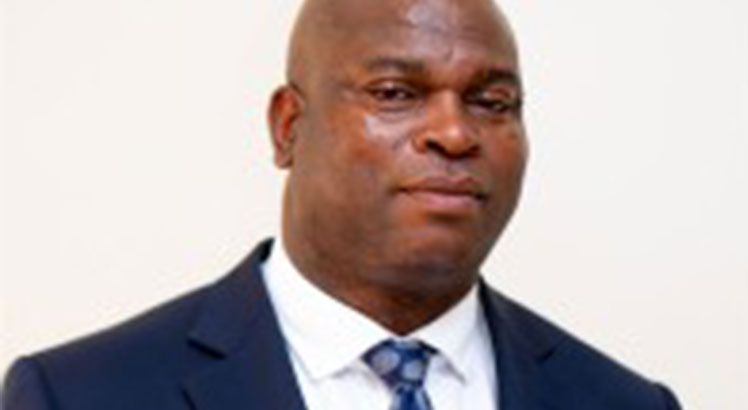Malawi does not have a National Prosecution Policy to guide the office of the Director of Public Prosecutions (DPP), among others, despite the policy being drafted in 2010, The Nation understands.
Legal minds have said the policy would guide the DPP, among others, in initiating or discontinuing criminal cases.
The revelations come after some 16 civil society organisations led by the National Advocacy Platform (NAP) called for establishment of an independent body to oversee and scrutinise DPP, prosecutorial decisions.
Nyasulu: There is need for judicial review
This follows recent decisions by DPP Masauko Chamkakala to discontinue some high-profile cases.
In an interview last week, former Attorney General Charles Mhango said it was worrisome that there is lack of such guidelines to initiate and discontinue cases.
He said this places the wheels of justice at the mercy of an individual occupying the DPP’s office.
Mhango said even if Malawi borrowed a leaf from South Africa by establishing a prosecutions authority, the arrangement might not work where the appointees remain answerable to the President.
He said: “As long as powers to appoint leadership of that authority remain in the President, any reform cannot happen because the President has too much power in the country. So, I don’t think the CSO’s proposals can work.
“Look, what have we achieved by reforming the Corrupt Practices Act by removing the consent authority from the DPP? Literally zero!
“There are no particular guidelines that the DPP can use in discontinuance of cases, and the only safeguard is that the DPP reports to Parliament, that’s all,” he said.
A lawyer, who in 2010 was among consultants tasked to develop the National Prosecution Policy and opted for anonymity, said the policy is needed to provide guidelines.
Said the lawyer: “There has been no legal guidance really on how prosecutions should be done in Malawi since 1964. To me, it is this foundation which is missing. Even in the case of a prosecution authority, we recommended this in 2010 as well that the DPP should be outside the Ministry of Justice.
“But in the absence of the Prosecutions Policy, authority and some guidelines on how these things should be done under the law, all power is left to the person occupying that position.”
But former DPP Kamudoni Nyasulu said establishing an authority was not ideal, arguing the DPP is guided by other foreign statues in carrying out his duties.
He said: “If its code of conduct on decisions to prosecute, even if the DPP’s office doesn’t have guidelines on decisions, it’s also bound by the International Association of Prosecutors’ code of conduct, which is approved by the United Nations.
“The office is also under obligation to follow the UN Conduct on prosecutors, and I was involved in drafting the code when I was the DPP long time ago. These have been in force.”
Secretary for Justice and Solicitor General Allison M’bang’ombe said Chamkakala would provide an update on the policy, but the DPP did not respond to our queries.
But Malawi Law Society (MLS) president Patrick Mpaka insists that the DPP seems to have adopted a policy of discontinuance than prosecution.
The post Prosecution policy stalls since 2010 first appeared on Nation Online.
The post Prosecution policy stalls since 2010 appeared first on Nation Online.
 Moni Malawi
Moni Malawi 

